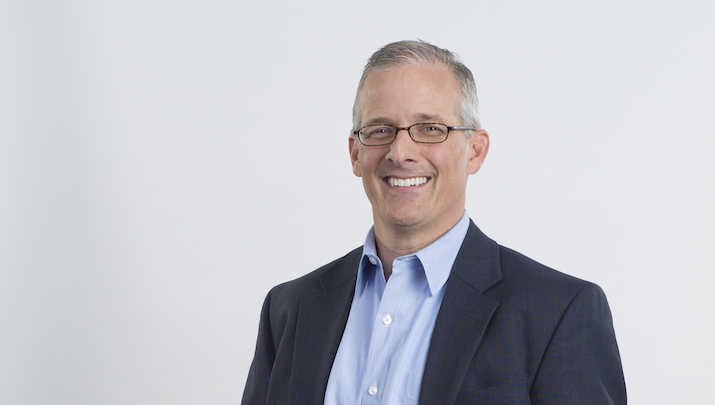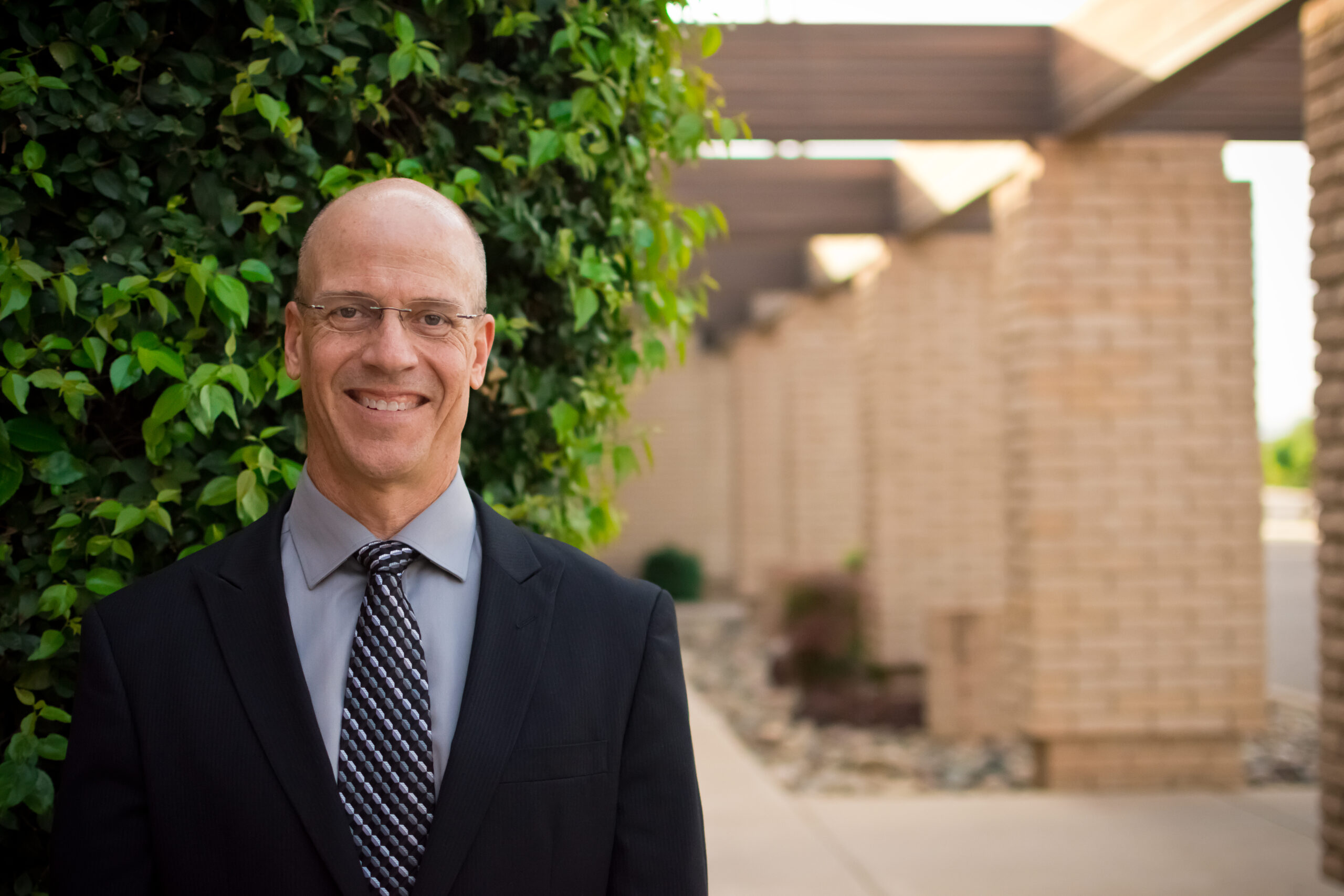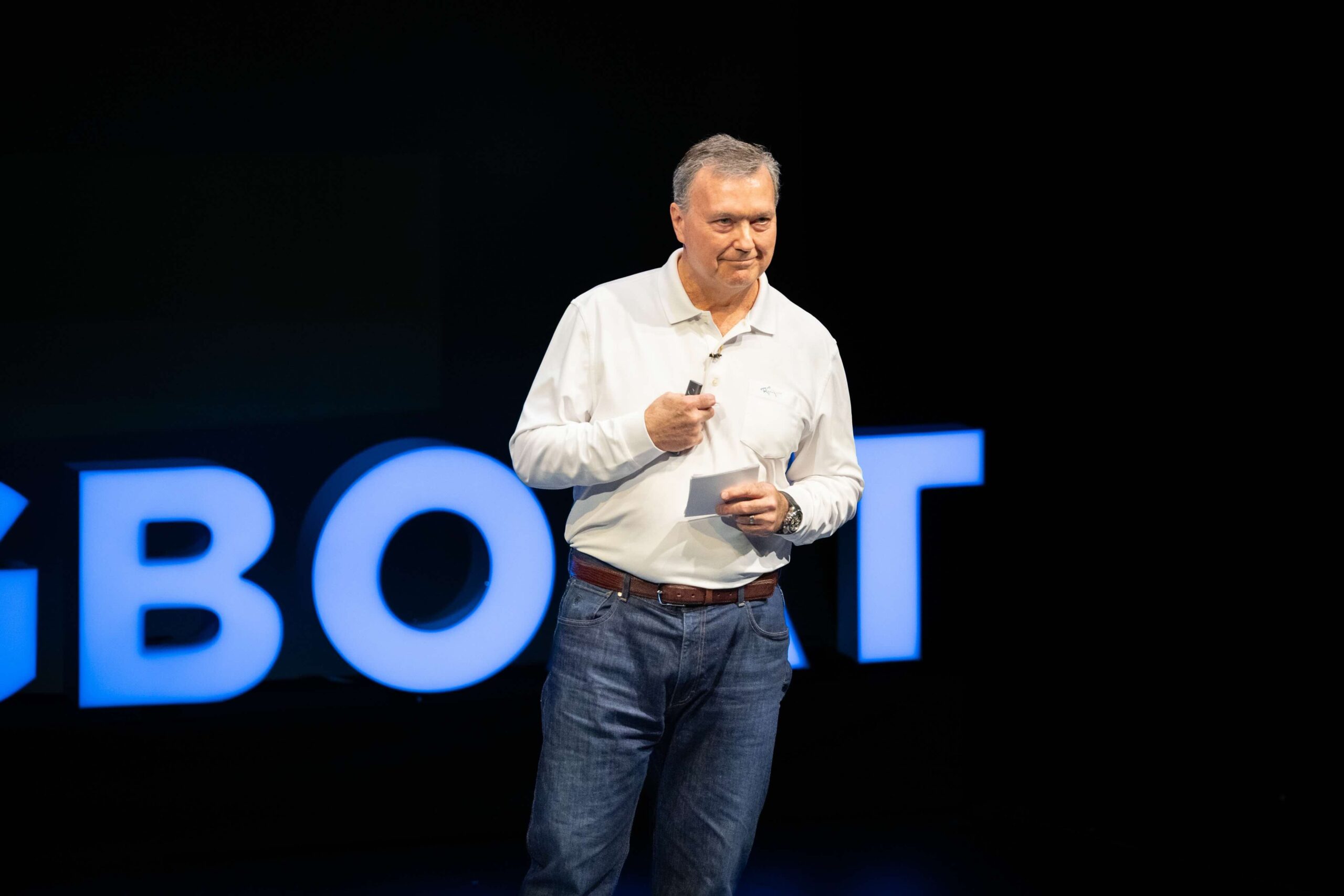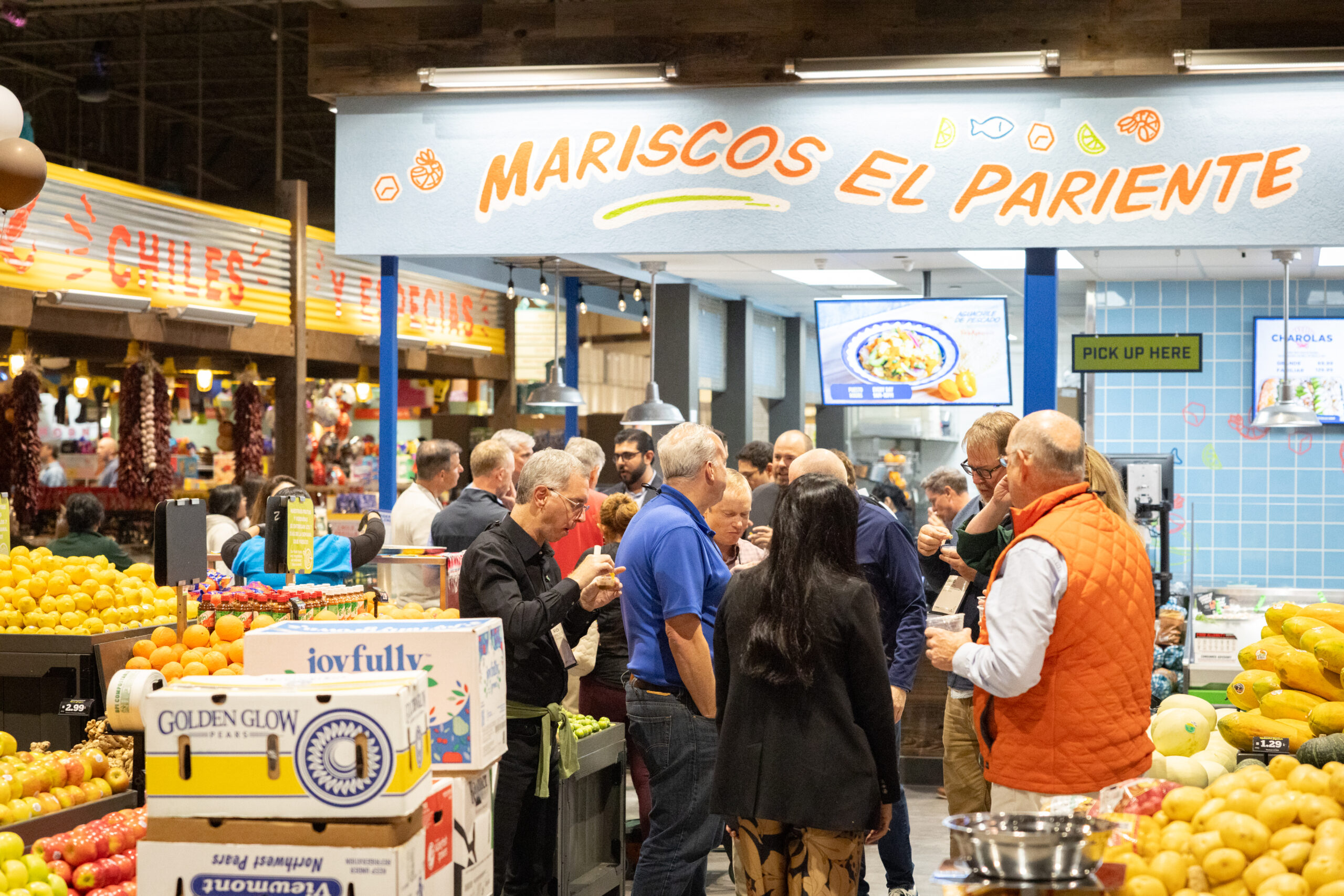

The Foreign Idea that Transformed our Business
- Chris McKee
- Venturity Financial Partners
If you had told me before 2006 that one third of our team would eventually be based in India, I would have said you were crazy. I would not have thought that a firm of our size could manage and benefit from integrating foreign workers; and, I certainly wouldn’t have anticipated the professional and personal growth that our team members and I have experienced as a result of the relationships we have developed and the cultural exchanges we have shared.
The journey to our current position, wherein we employ about 50 people in the U.S. and partner with 20-25 in India dedicated to us through an India-based firm, began with a meeting I took only as a courtesy—and one I really didn’t think was going to go anywhere.
My Evergreen business, Venturity Financial Partners, headquartered in Dallas, Texas, provides accounting services ranging from AR/AP processing, monthly financials, and other ongoing back-office functions to specific one-time projects, such as audit support or budgeting and forecasting. In 2007, we were facing what had become a significant problem: We were having trouble hiring and retaining people to do the transactional services we provide—things like AP invoice entry. It was hard to attract these workers, who generally made around $12-$13 an hour; and, frankly, it was hard to get them to show up for work consistently. Managing this workforce, side by side with our degreed accountants, was proving difficult and was affecting our culture. And yet, the work they do is essential to the services we provide. It was becoming a roadblock.
It was in this context that I agreed to take a meeting with Gurunath Kanathur, the CEO of an Indian accounting firm called Pierian, who was visiting Dallas to promote the outsourced accounting services his company provides. Pierian was looking for U.S. clients who needed help with back office processing. I sat down to the meeting with low expectations. I had known of other businesses our size that had attempted offshoring without much luck. This kind of thing only works for Fortune 500 companies, I remember thinking, as I entered the meeting. But as the meeting progressed, my view changed as I began to consider how Pierian’s services could help solve the problems we were facing with our transactional workforce.
We’re always willing to try new things that will improve our service, lower the cost to our clients, and provide a better overall experience for clients and team members. The more I thought about this model, the more it seemed that it could do all those things.
We had one client in particular that had hundreds of invoices a month, requiring tedious hourly work that needed to be done really well. With this one client in mind, I told Gurunath, “you know, it could make sense for us in this instance; it would take a big burden off of us.”
We shook hands and moved forward with the idea that we would try it with this one client.We knew that, given the time difference between India and the U.S., the work would be performed overnight and we could always fix it in the morning if necessary. The benefits if it worked could be substantial, and the risk was minimal because we could always go back to doing it the way we did before.
The result was that while there was certainly a learning curve, once they got it, they got it. With the success of that first effort, we partnered with them on AP services for another account, and, before we knew it, we were doing all of our AP through them—and they were doing a great job with it. Within three years, Pierian was handling AP for all of our clients. From there, we delegated other transactional work around accounts receivable, all of which they did well.
The positive impact of this Pragmatic Innovation has been significant. Partnering with the team in India has allowed our folks here to focus on the higher-level accounting work and the more client-facing interactions, and it has also allowed us to be more of a 24/7 operation, improving our cycle time and allowing us to more efficiently get financial information in our clients’ hands. With our India team doing a lot of the routine entry work, our U.S. team has been able to focus on being a strategic resource to clients. It has also allowed our team here to move up the value chain in terms of the work they are doing, which has allowed them to grow professionally.
There have certainly been challenges along the way, and Perseverance has played a role in what is now a very beneficial partnership. It took time to work through the initial learning curve, and each time we launch a new project, we know this will be a factor. It takes time for our India team to learn the cultural context of some aspects of what we do, which we also continue to work through. We had to sell this partnership internally to our team, some of whom were concerned that it would actually create additional work for our U.S. team.And, there was some level of apprehension about the potential for a negative reaction from clients who might have a negative perception of off-shoring.
And yet, we have found that each challenge has provided opportunity for growth—professional and personal. The cultural differences have broadened our employees’ horizons and enriched our lives. By traveling to India with our U.S. team and bringing Pierian employees to Dallas, we have overcome cultural barriers and have come to know one another as colleagues and friends. The challenge of training remote, foreign employees has provided the opportunity for us to become more effective as a training and learning organization and has pushed us step up our technology platform to support our team across the world. Integrating this workforce has helped us scale more quickly, but it has also allowed us to improve the quality of the jobs we provide our Dallas team.And, as we talk to other businesses and our clients about our choice to offshore, we are generally met with understanding and admiration for what is viewed as an innovative, progressive step in service of our team and our clients, especially for a company of our size.
My advice to other Evergreen employers considering partnering with a remote, foreign workforce is this: the hurdle is not really as high as you think it is, and what you think might be a hurdle can actually be a tremendous opportunity. And, you never know when that meeting you take as a courtesy will be the one meeting that transforms your entire company.
Chris McKee is Managing Partner at Venturity Financial Partners.
More Articles and Videos

Get to Know Stotz Equipment, the 2024 Evergreen Company of the Year®
November 04, 2025
From Vader to Evergreen: A CEO’s Journey to Enlightened Ownership
- Mark Steele
- Craftsmen Industries, Inc.

From One Store to $1B+ Southern California Institution: The Evergreen Journey of Northgate Market
- Ryan Drew
- Tugboat Institute

Get Evergreen insight and wisdom delivered to your inbox every week
By signing up, you understand and agree that we will store, process and manage your personal information according to our Privacy Policy



